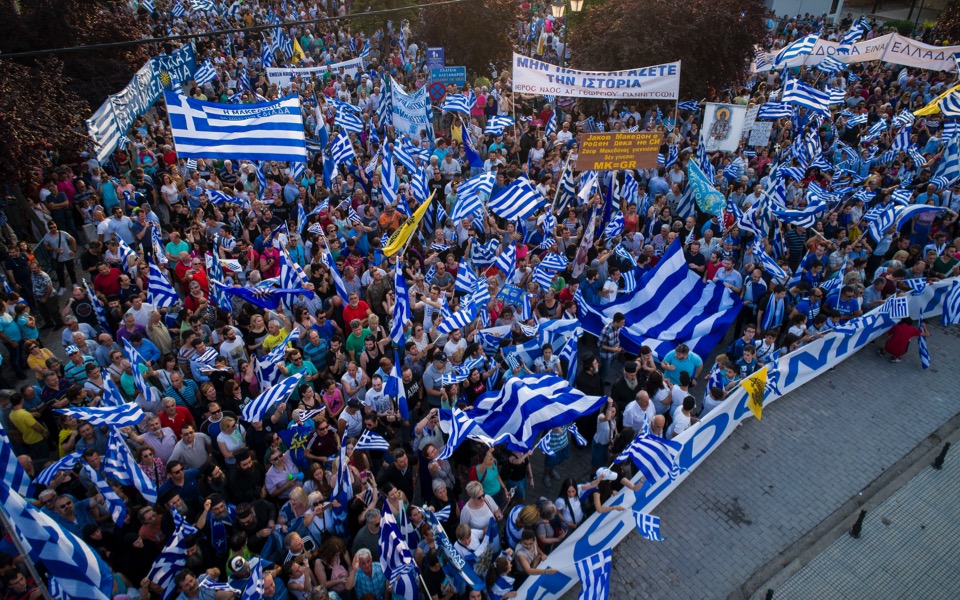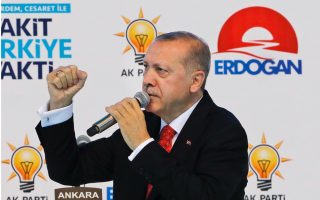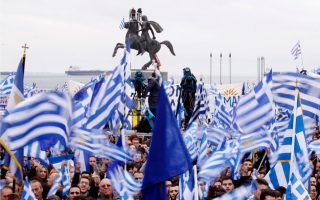Hostages of history

The prime minister of the Former Yugoslav Republic of Macedonia (FYROM) is trying to prepare his country’s political leadership and society to accept the compromise that has been achieved over the name dispute with Greece. It is difficult for anyone to predict how things will turn out. Here in the Balkans, nothing is simple and straightforward. The forces that undermine every effort at a compromise are always more powerful, because they move in the dark and appeal to public sensibilities. We are all still, for better and worse, hostages of history. A “no” invokes a much greater reaction than a “yes” – in Athens and in Skopje.
As for Greece, we are in complete confusion, as usual. The government has handled the issue in an unprecedented manner. As I recall from similar issues abroad, a government concludes an agreement through secret negotiations and then tries to pitch it to its citizens. The Greek government chose chaos and opened the issue prematurely to trap the main opposition, New Democracy, with political chicanery.
As it does not have access to those sections of society that are more sensitive to national issues, it underestimated the reaction to the talks. It stirred instincts and suspicions that are now proving hard to quell. The government is clearly skittish, as was evident by its reaction to the proposal for “Ilinden Macedonia,” which it dismissed in the evening with the same fervor it had supported it with in the morning.
New Democracy is also facing a difficult dilemma. Its leader and several officials understand the need to close the issue with an honest compromise that will safeguard Greek interests. It is also in the conservative party’s interests to have one less issue to deal with when it comes to power. The paradox, however, is that as soon as the party shows a conciliatory attitude, it exposes itself to the backlash from the right. Anyone who listens to coffee-shop talk knows that such an attitude from ND would be political suicide and would also give room for parties further on the right of the spectrum to edge their way in. When you weigh this danger against a possible impasse in the name talks, particularly if we consider that the electoral system might be changed to proportional representation, the issue requires a lot of thought.
In a regular country the name issue could be resolved if (a) the government showed leadership and tried to persuade the people, and (b) a domestic political moratorium was called. Neither seems likley right now. The government will probably pay dearly for its conflicting attitude, on the one hand supposedly fighting the extreme voices and, on the other hand, accepting them, working with them and stoking them for the sake of a few votes. It forgets that here in the Balkans, when a fire breaks out, it is hard to put it out.





